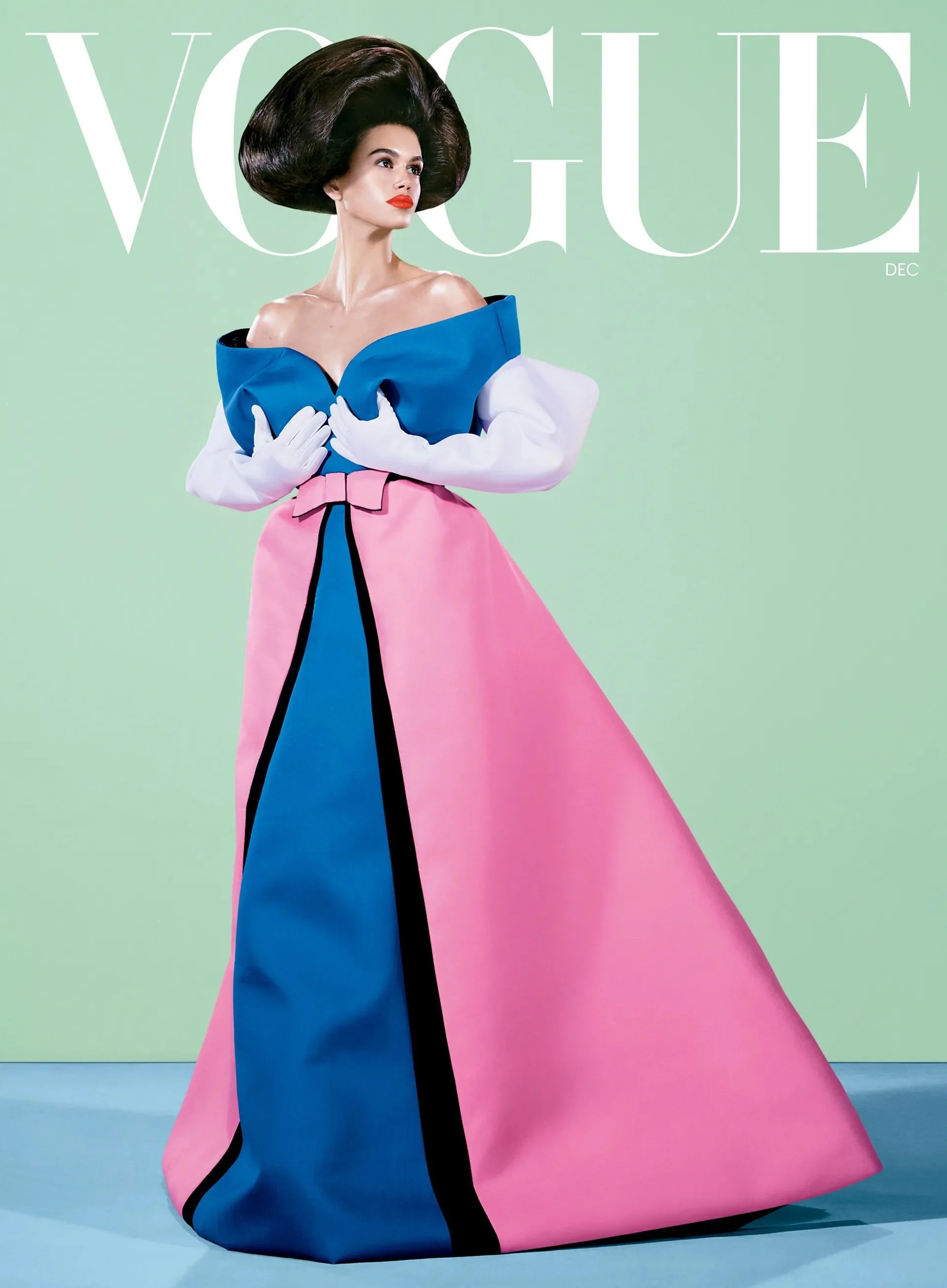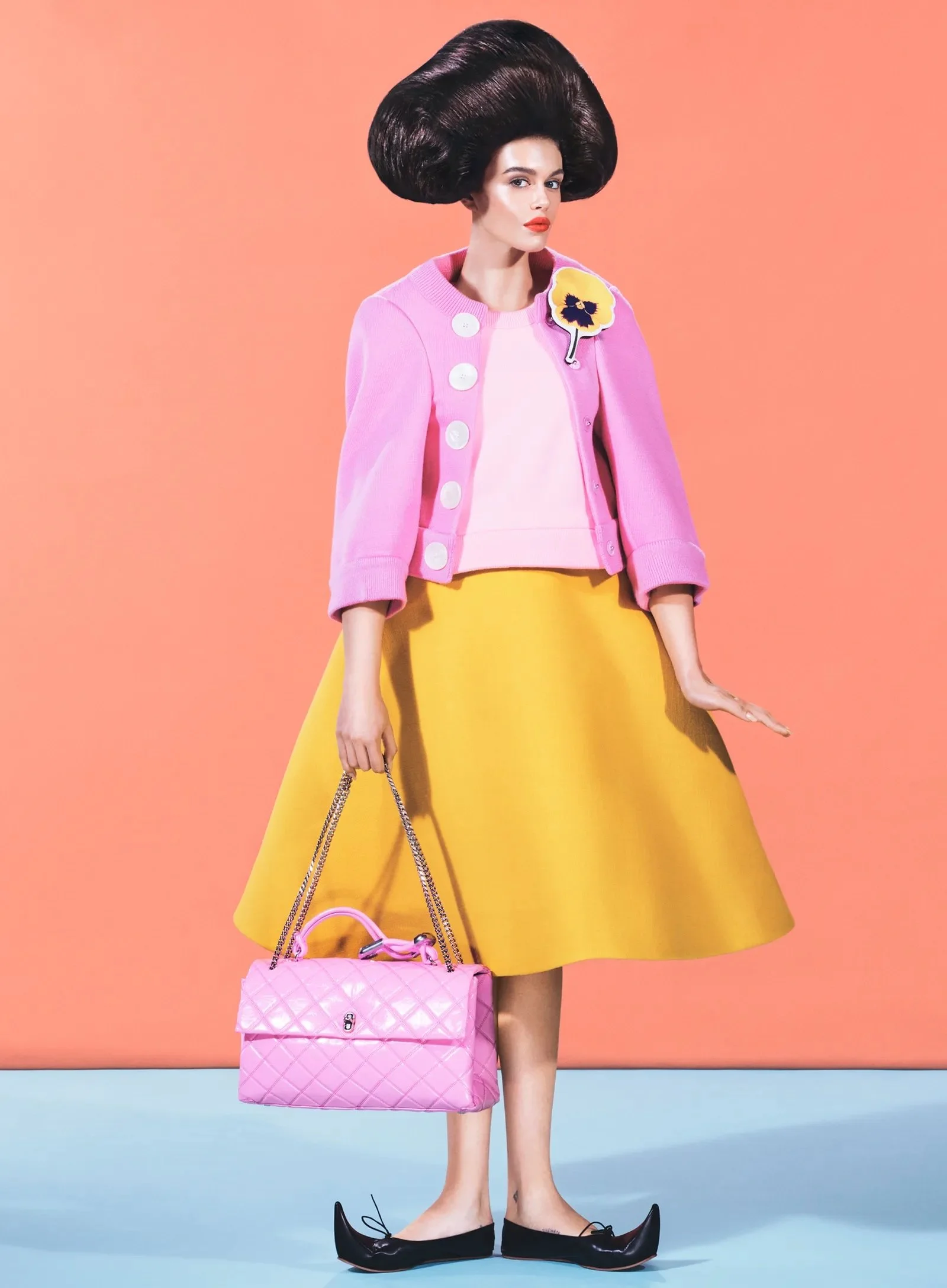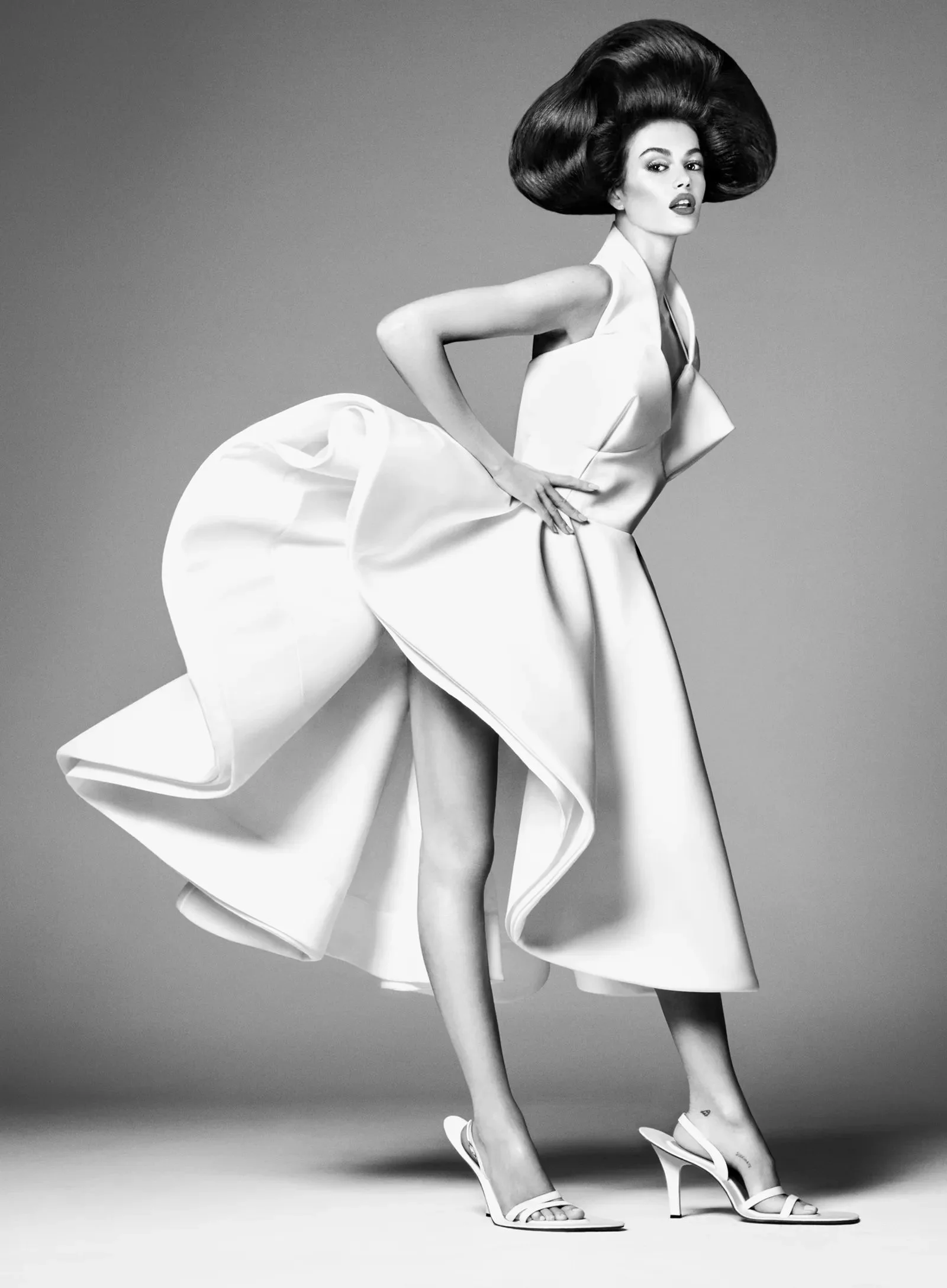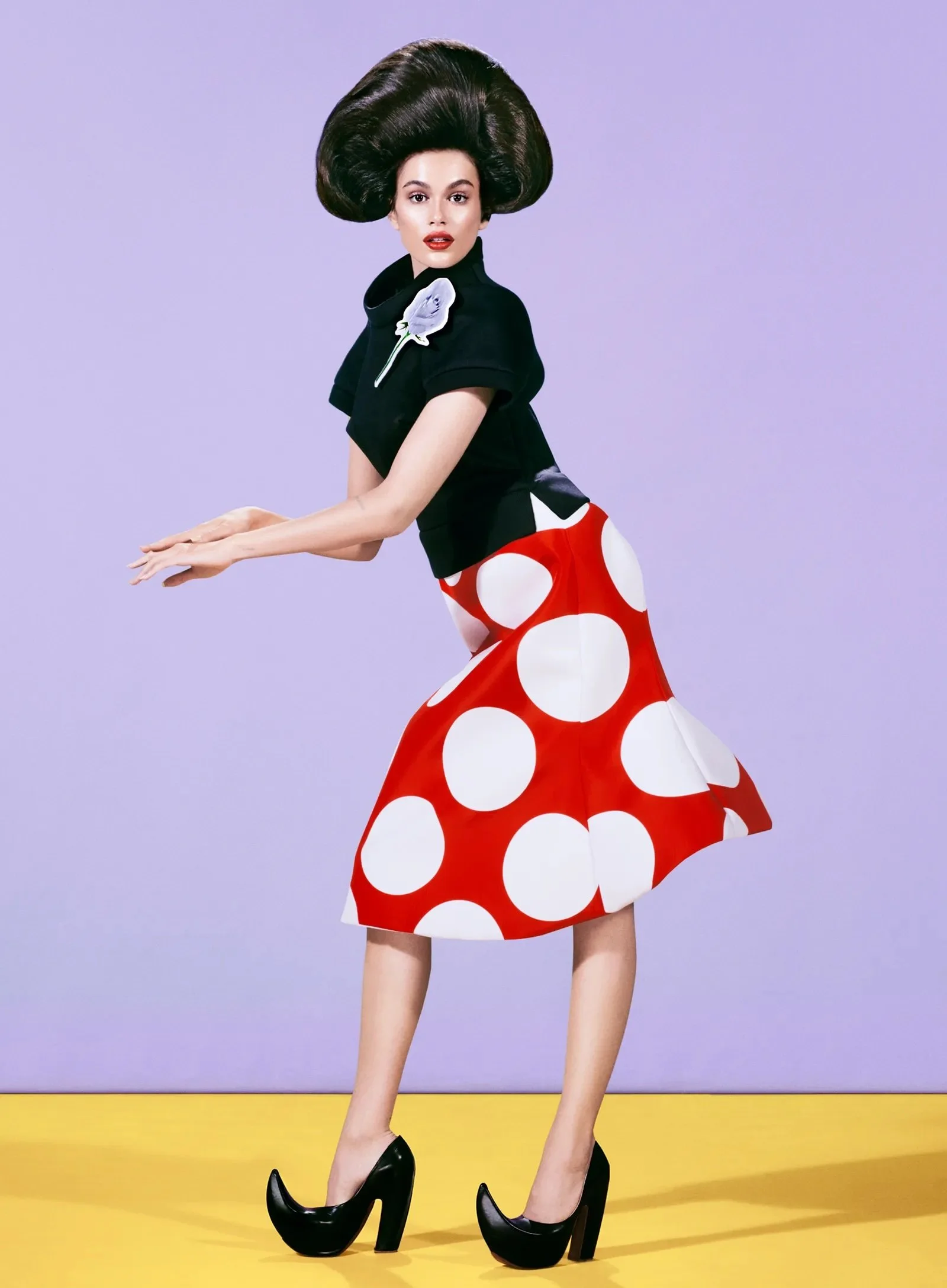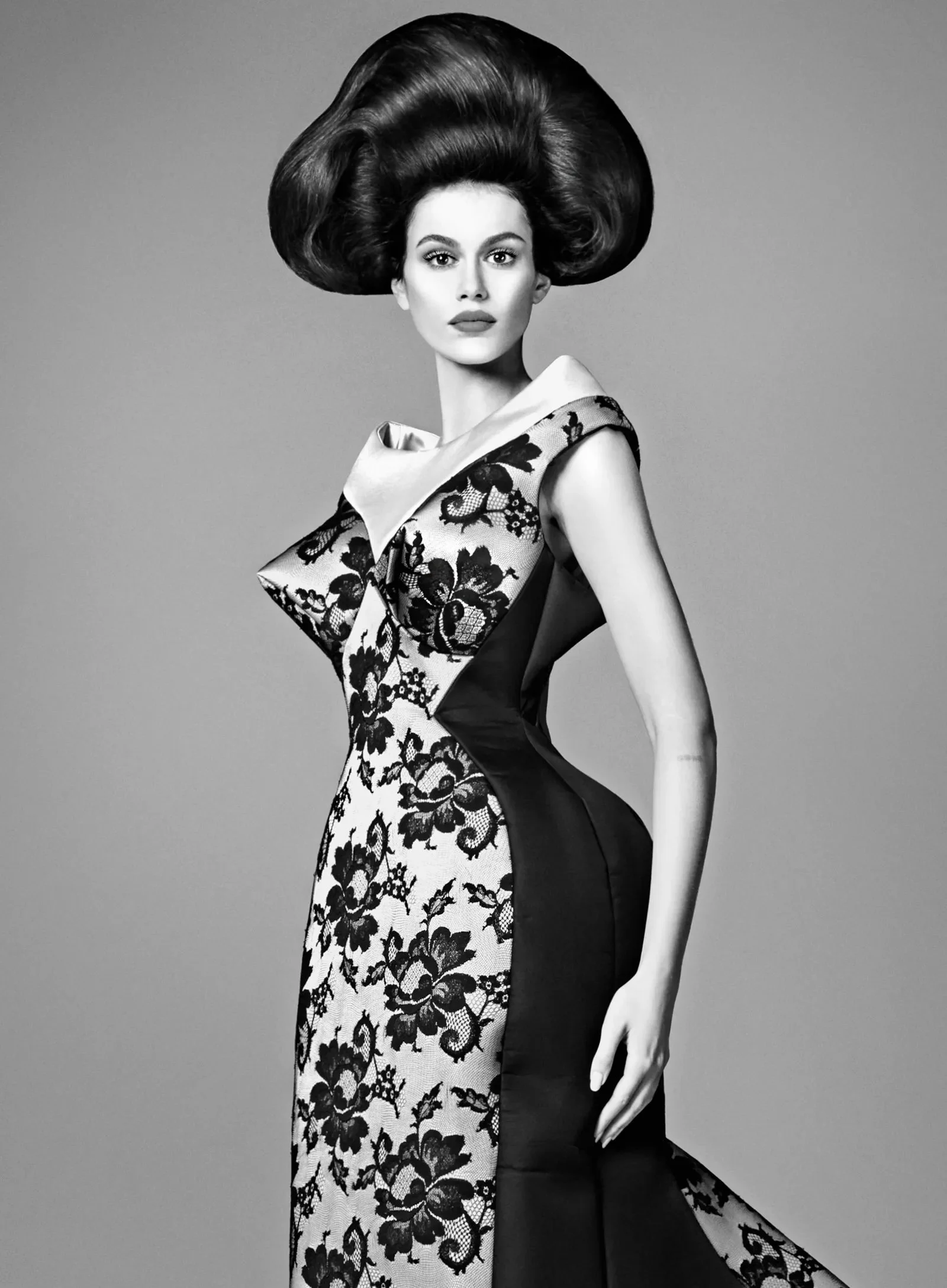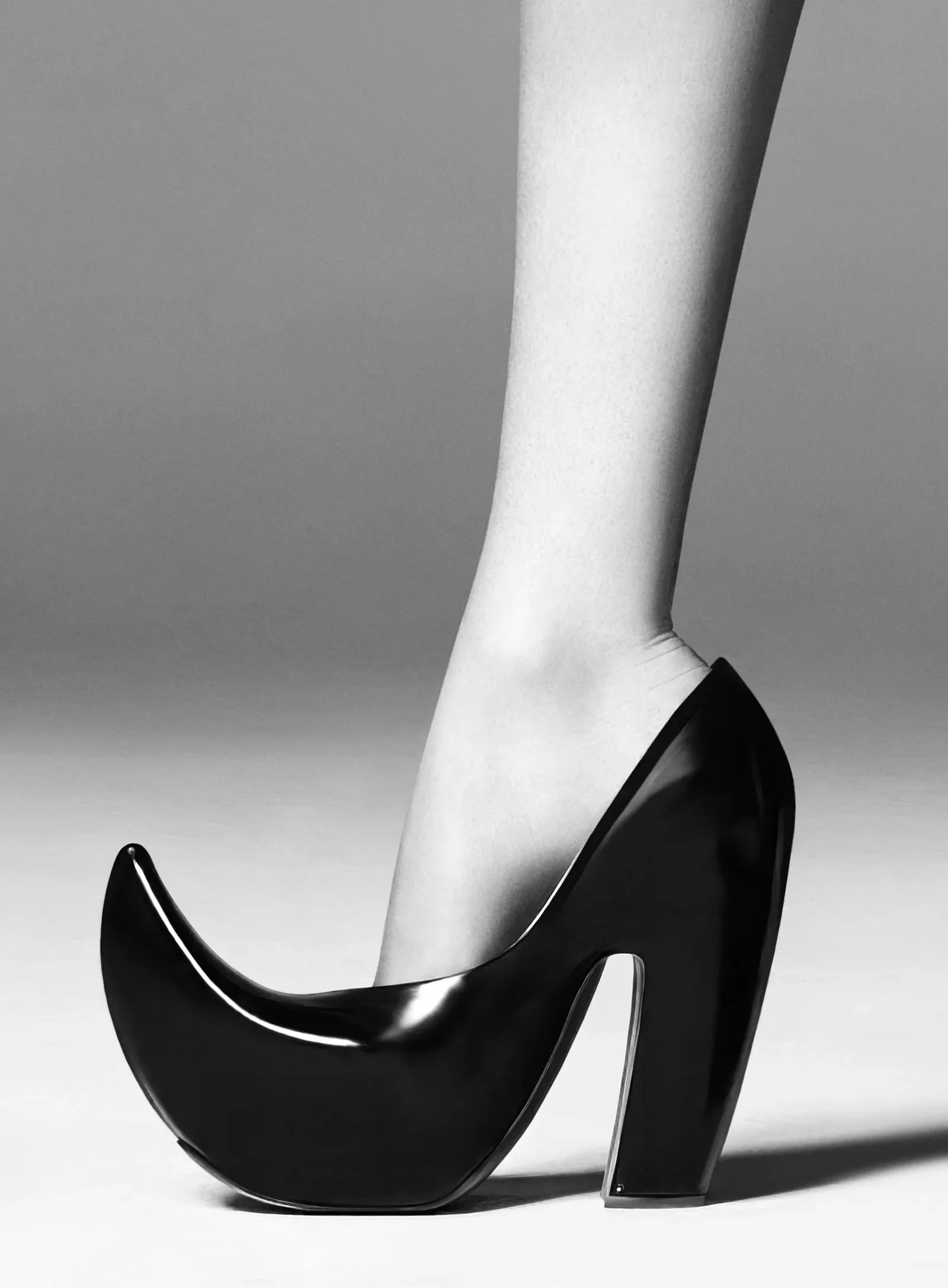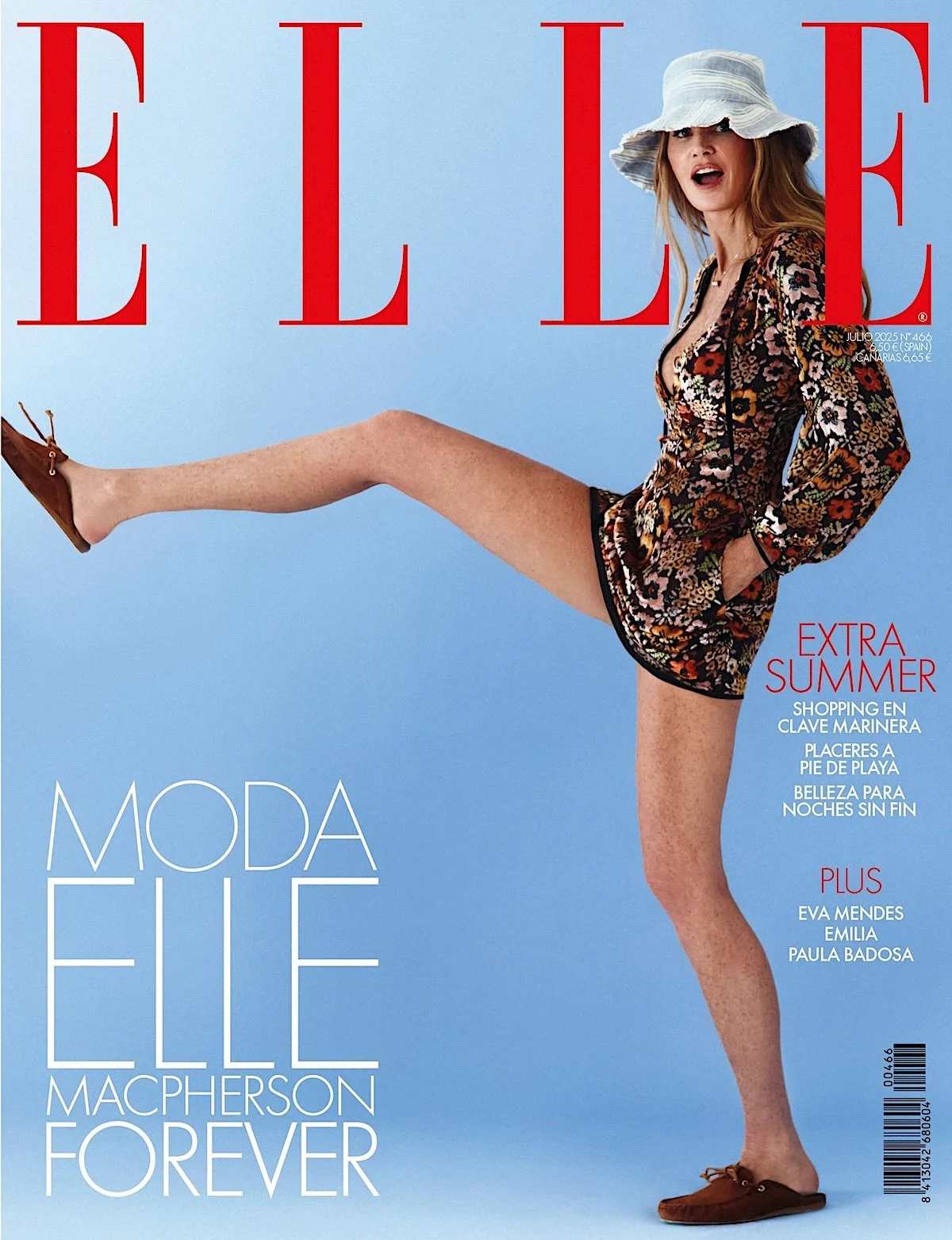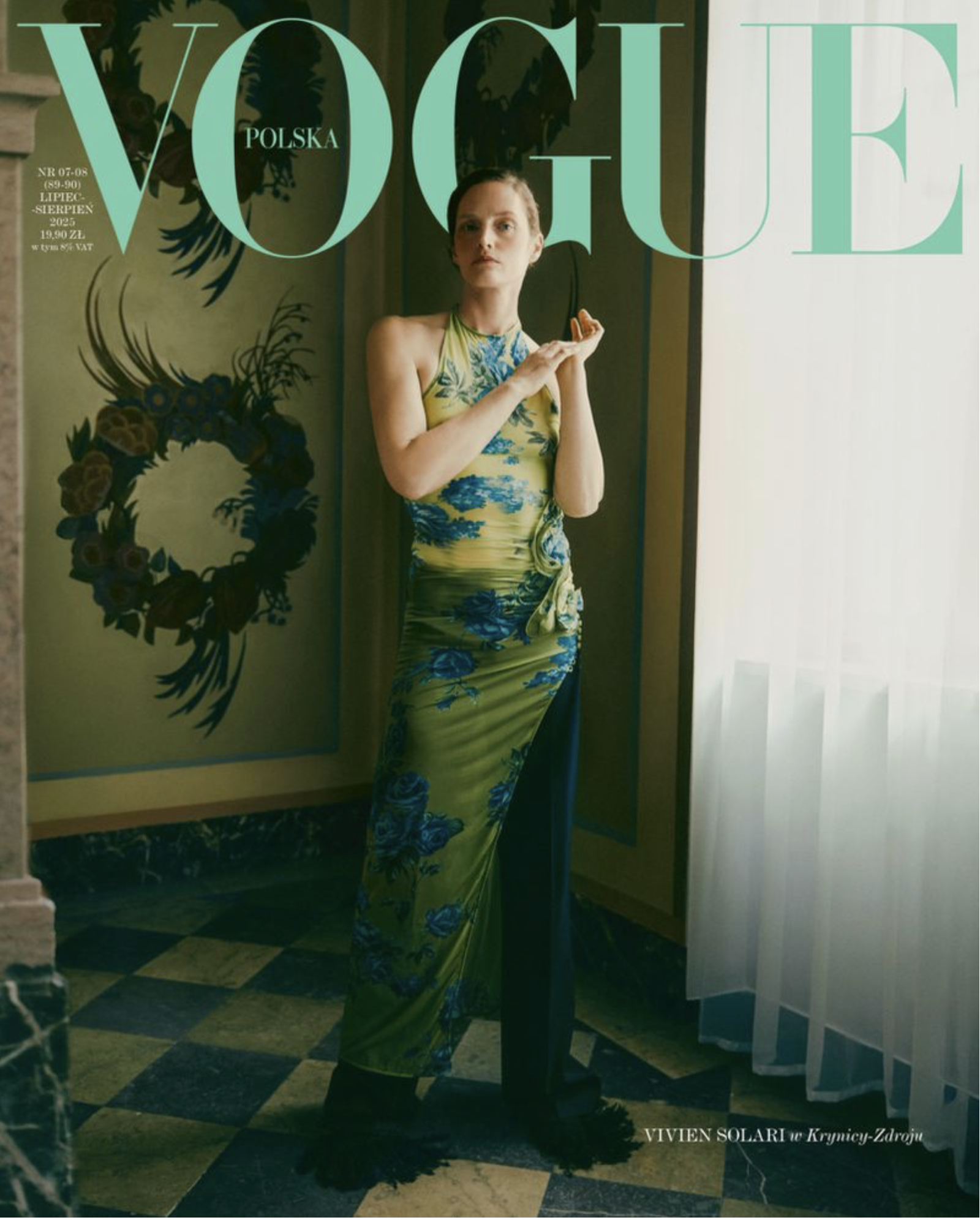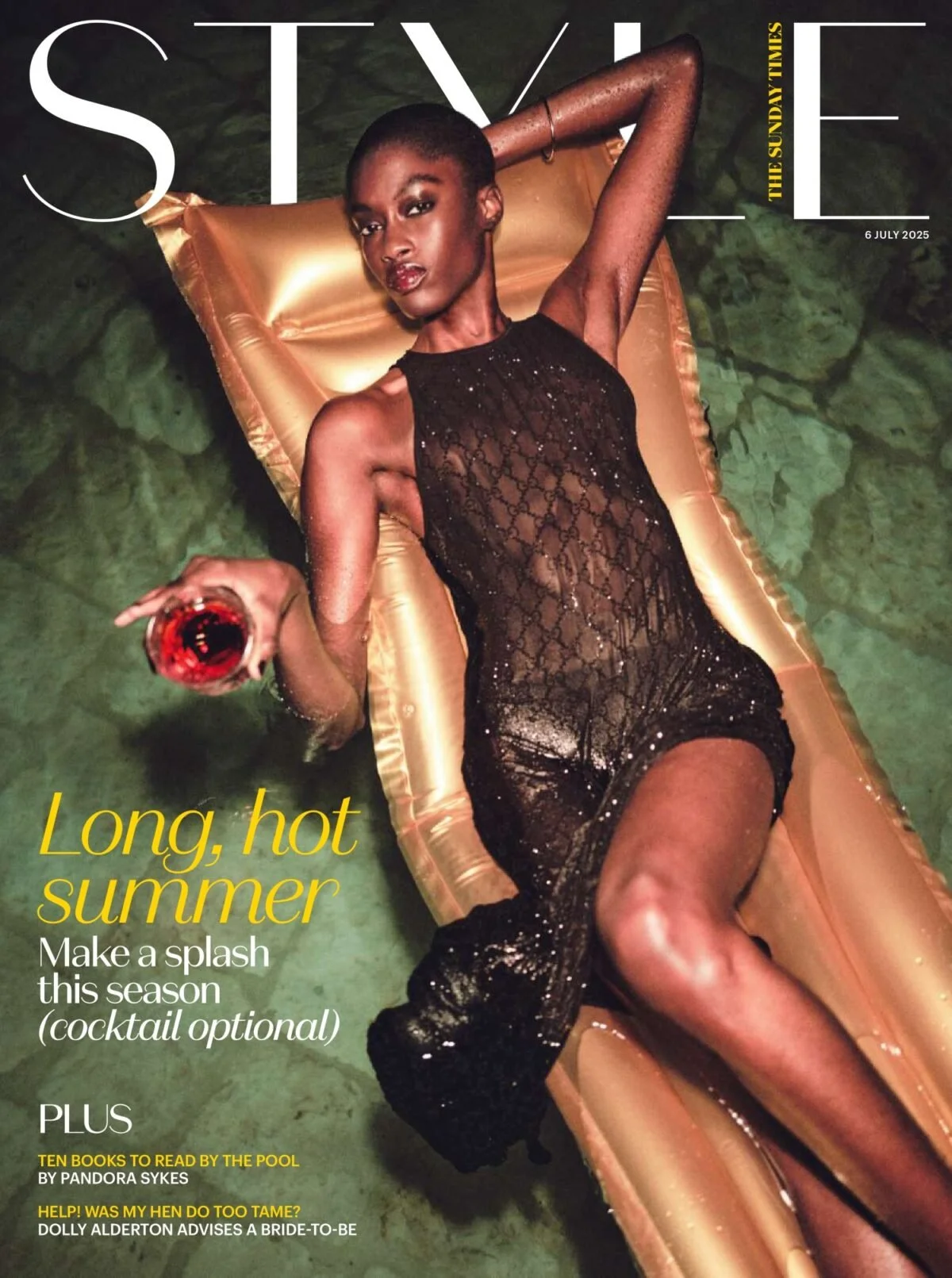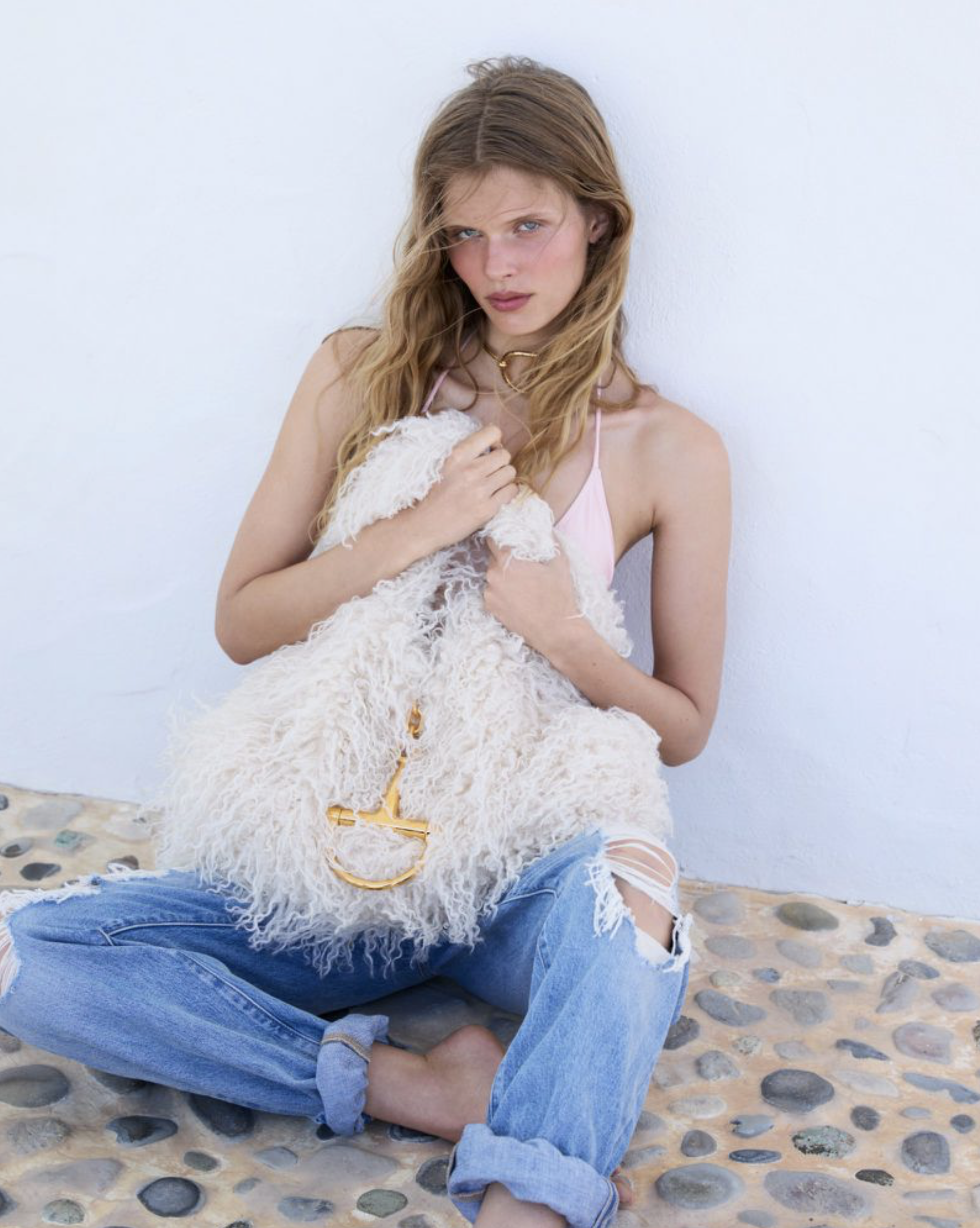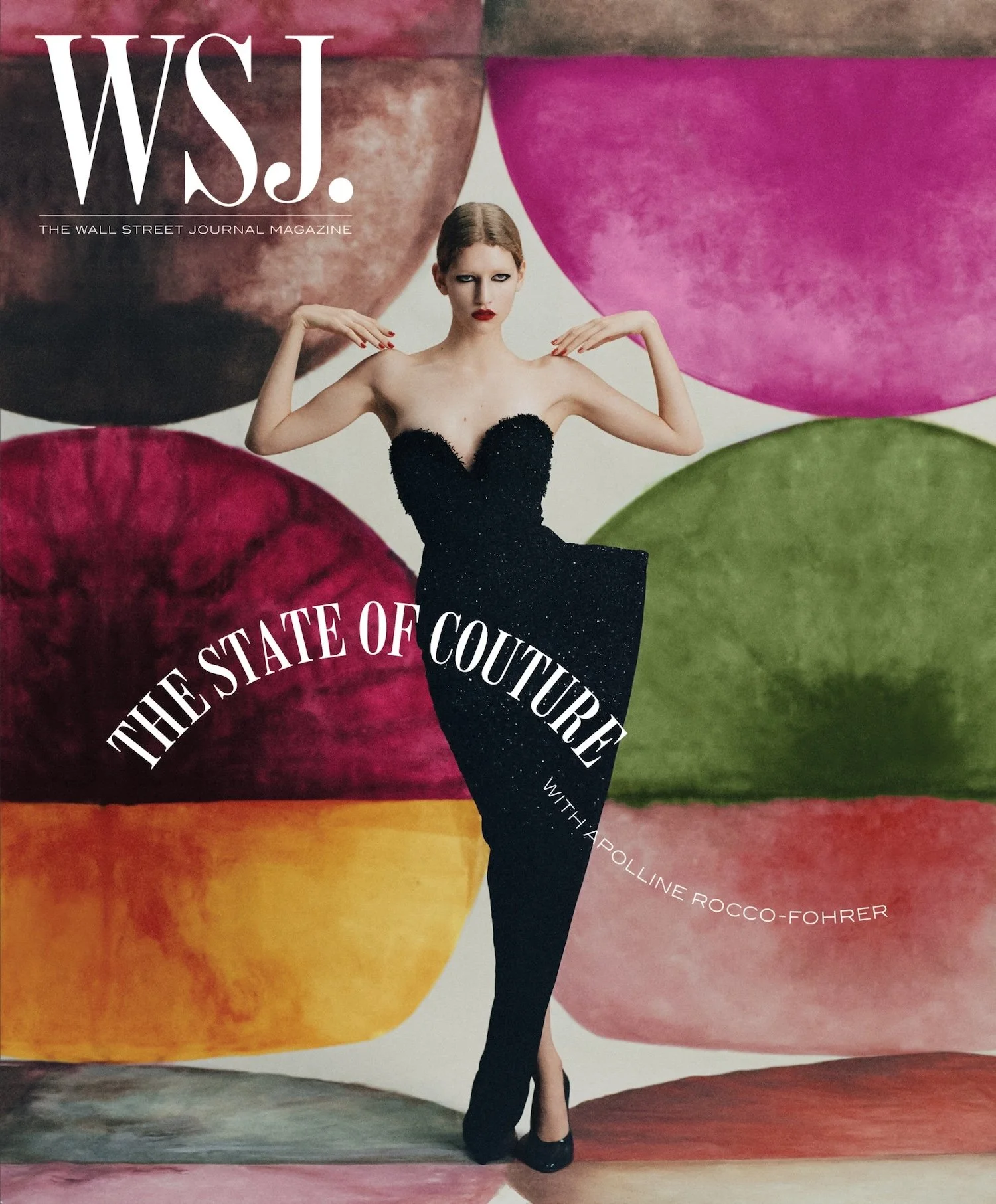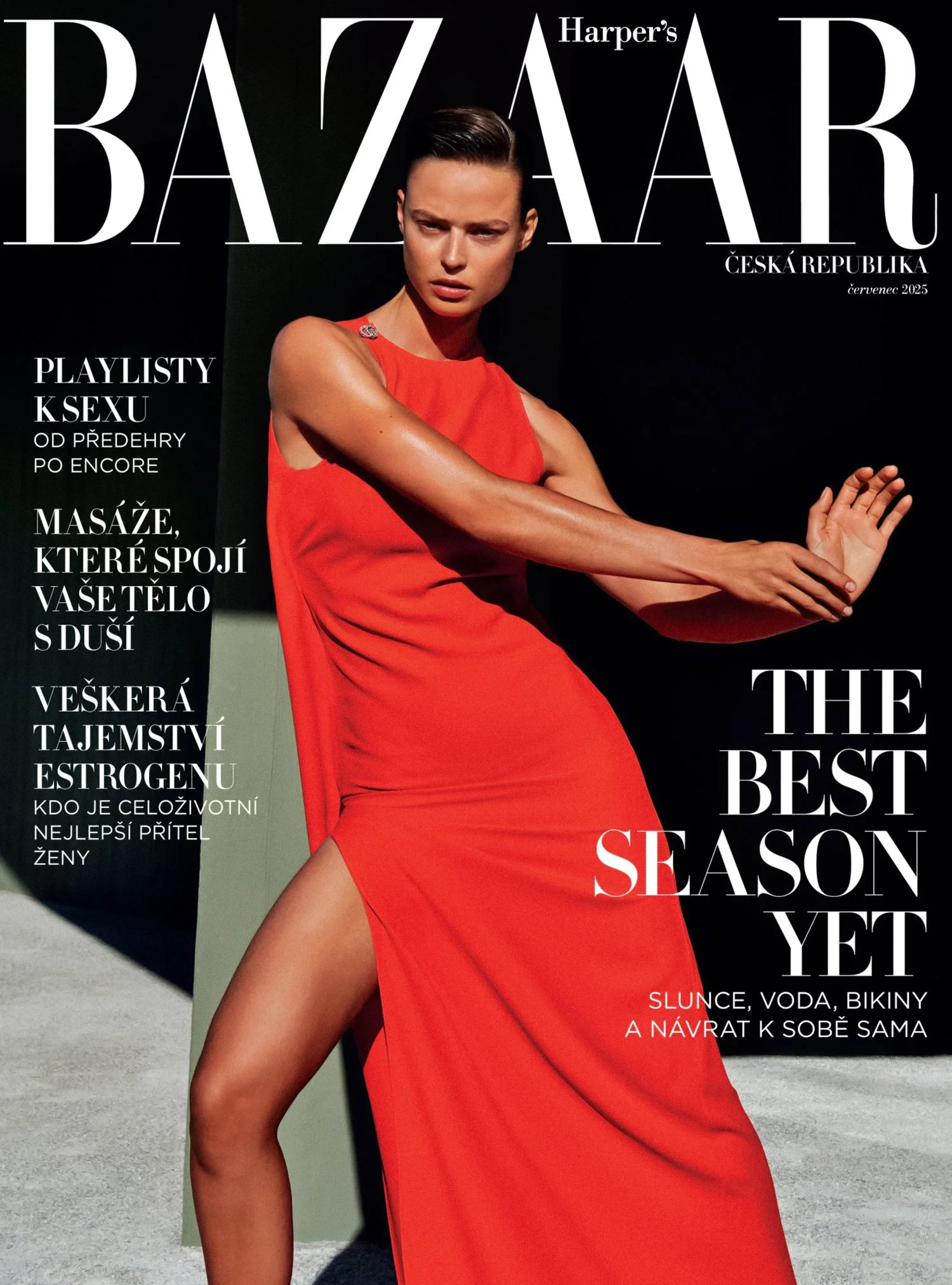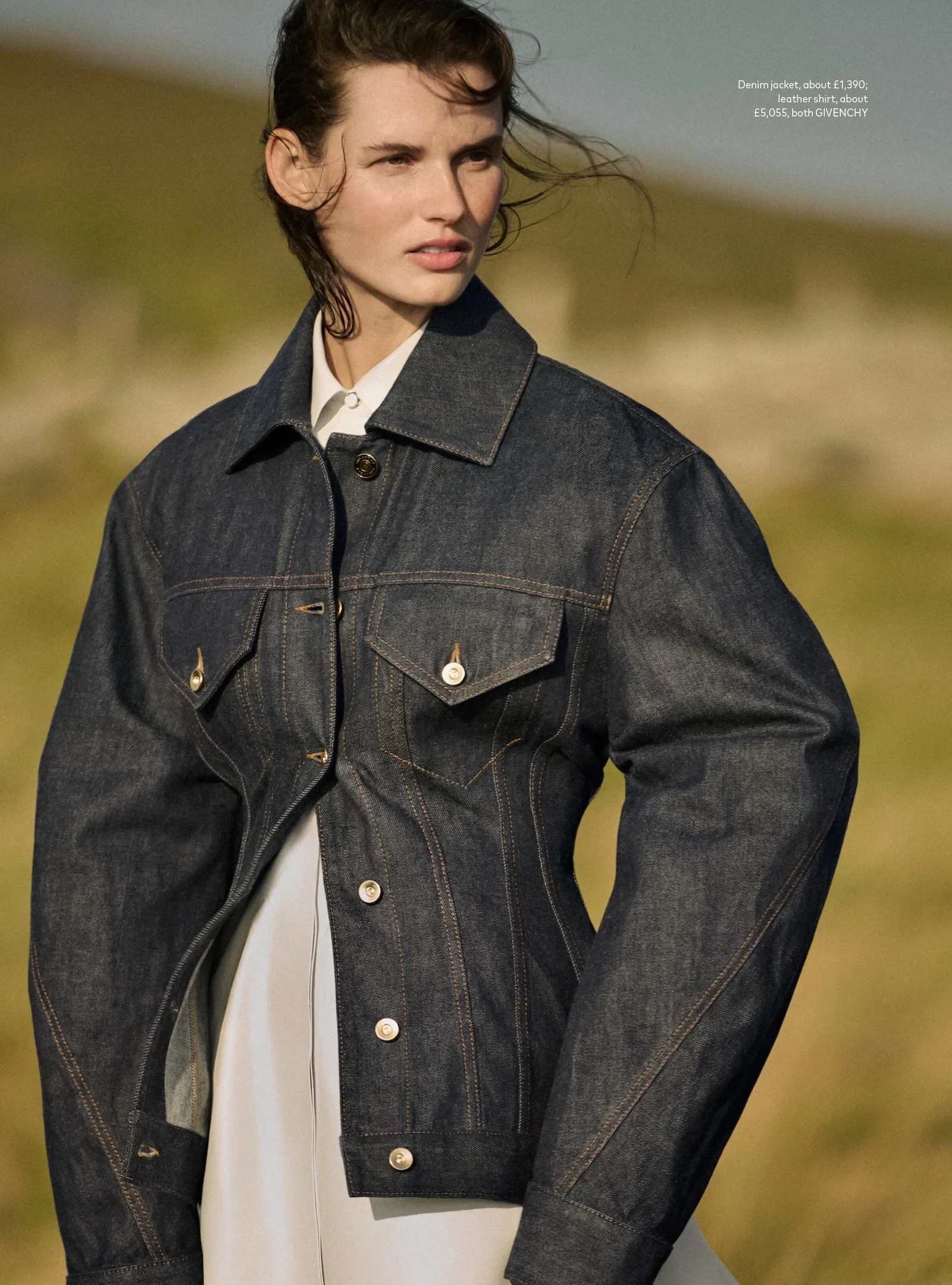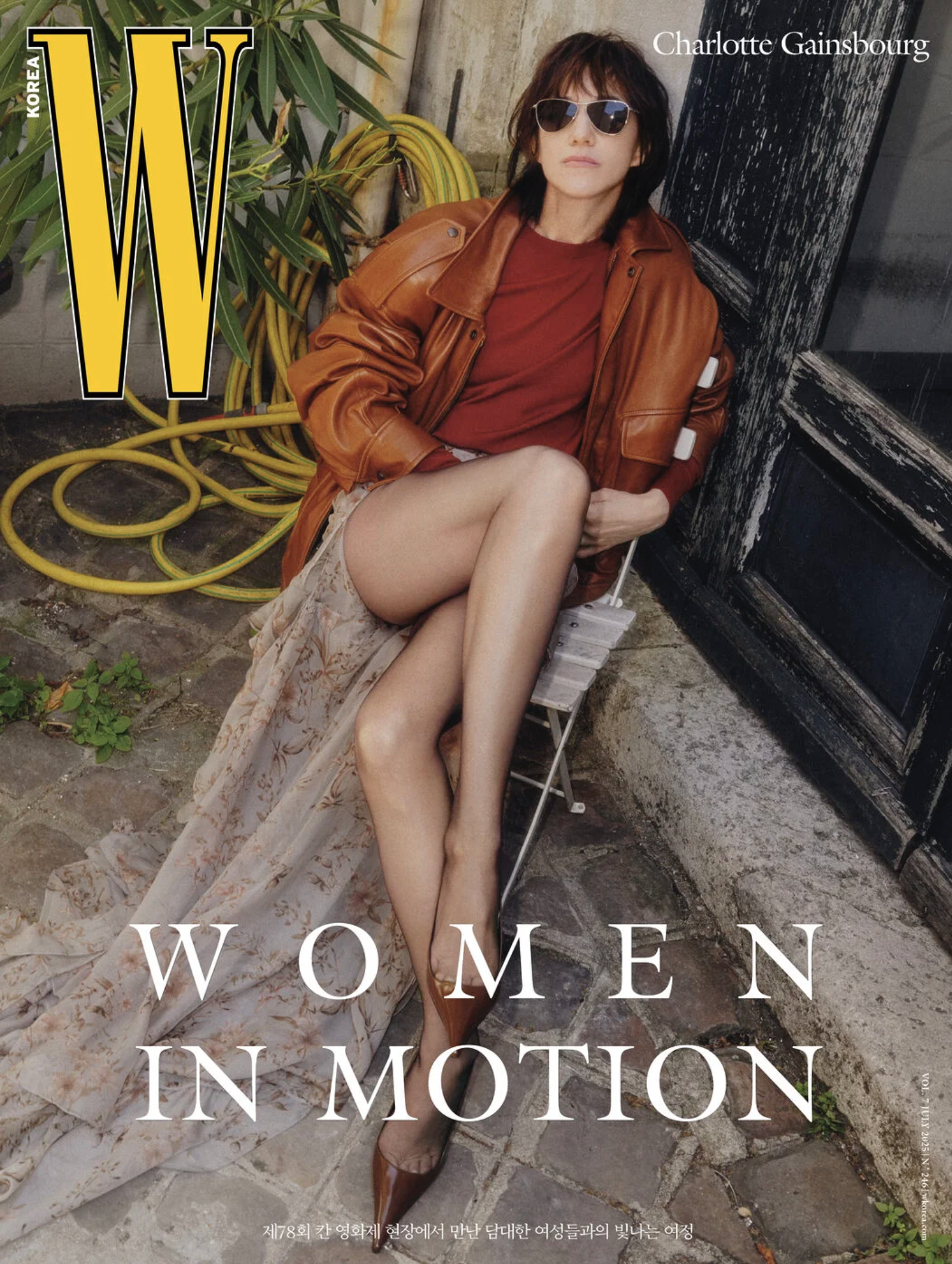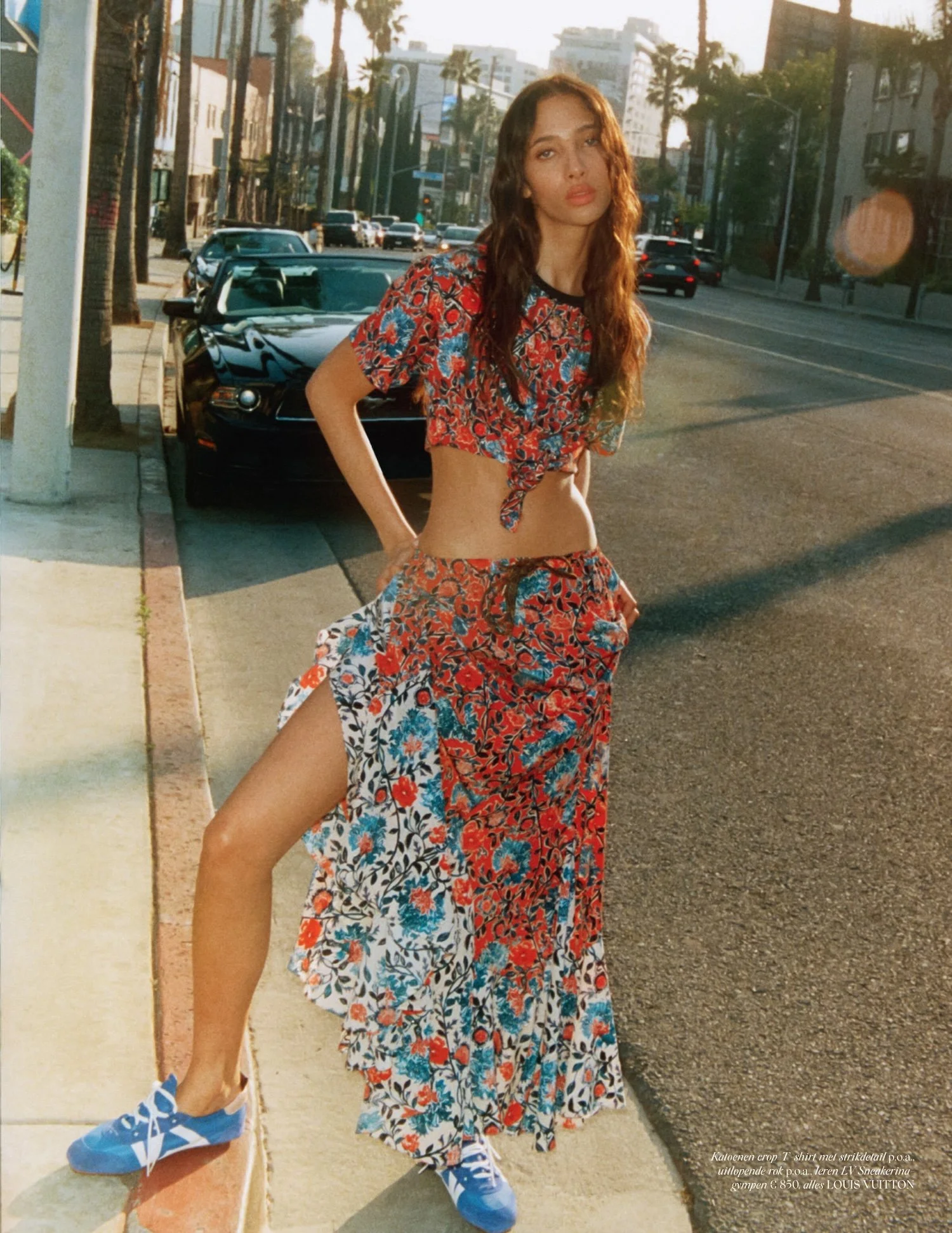Kaia Gerber's Vogue US December 2024, Marc Jacobs Cover Story Life Is a Grand Salon
/American Vogue’s [IG] December 2024 issue is guest-edited by Marc Jacobs [IG], who turned to his close friend and former protegé Kaia Gerber [IG] as his Marc Jacobs cover girl. Photographer Steven Meisel [IG] captures Gerber, who has spread her career-girl self with unassuming but very wide wings into what Iowa calls a West Coast/East Coat elitist, snob-fest for pseudo intellectuals. For the record, Kaia Gerber is not that person.
Grace Coddington styles the Kaia Gerber wears Marc Jacobs collection cover story, with author Dana Spiotta narrating a long, informative and exceptionally-synergistic, multi-event interview. / Hair by Guido Palau; makeup by Pat McGrath
The playwright Will Arbery says about his friend Kaia Gerber:
“For someone whose job is to be looked at, she’s actually looking back much more than anybody realizes.”
Perhaps this trait is far more common among top models than we realize. Or maybe not. To be one who looks back, one cannot be fully consumed with oneself. One must be uncommonly curious about life and the people living in your own metaphorical neighborhood — as well as those who are not.
From the very beginnings of her rise as a top model, sponsored by her legendary mother Cindy Crawford, Kaia Gerber has expressed a thirst for getting out and about in the world of ideas, events and human history.
A simple example of Gerber’s search of life’s opportunities was her appearance in the i-D Spring 2020 Icons Issue, interviewed by ‘Slave Play’ playwright and now good friend Jeremy O. Harris.
In a six-degrees-of-separation moment, Gerber notes in her book club interview below of Will Arbery that he is a friend of Jeremy O. Harris, whose ‘Slave Play’ production took London’s West End theatre culture by the throat in the second half of 2024.
Kaia Gerber ‘s Book Club Library Science Talks ‘Plano’ with Will Arbery
It will be interesting to see if Trump’s new anti-DEI commissioners will try to ban ‘Slave Play’ in America. AOC notes that London’s Noël Coward Theatre defended its decision to host two ‘Black Out nights’ at the playwright’s request. It allowed Black audiences to experience ‘Slave Play’ without Whites in the audience.
This summer HBO launched ‘Slave Play. Not A Movie. A Play’, a documentary exploring the actual making of ‘Slave Play’ this year. NPR’s Tonya Mosley has an excellent interview with the playwright about the documentary.
Kaia Gerber’s intellectual world is probably more expansive than her mother’s, but that’s just a hunch. As a sign of just how close Crawford and Gerber are — Kaia took Cindy with her to ‘Slave Play’.
Dana Spiotta met up with the Vogue cover girl at Manhattan’s ‘Monkey Bar’, “the clubby 1936 restaurant in Midtown at the Hotel Elysée.” In short order the author mentioned to Kaia that her cultural interests — especially in books — might be perceived as running counter to her unassuming personality.
Gerber has never run away from the “white privilege” accusation — you’re only successful because of your parents, in contrast to a more nuanced exploration of the son or daughter’s total talent box. Vogue writes:
“I’ve always been quite mild-tempered. My family called me the easy one. I didn’t need anything. And I kind of prided myself on not having big feelings.” But she loves characters in novels and plays who express intense emotions. They are “a reminder that you can have these feelings…. I didn’t always feel like there was space for it, to be honest. I was always so aware of how privileged I grew up…. Everything that happened to me, I thought, But there’s so much worse happening to other people. And that perspective, while good to have, can also be damaging if you don’t take your own pain seriously.”
Spiotta’s interview ends on a high note, an evening at legendary The Chelsea hotel, with a Library Science [Kaia’s book club] event. One of Gerber’s favorite books is ‘Just Kids’, Patti Smith’s memoir of New York in the early ’70s.
This night the supermodel, actor, activist, and thoughtful human being was hosting readings by authors connected to the hotel. One was Alexandra Auder, author of the memoir ‘Don't Call Me Home’. Auder narrates her story about growing up in the Chelsea Hotel in the ‘70s with her mother Viva, a Warhol superstar.
With rooms at the Chelsea going for $800 that night, the featured authors and artists could never pony up the $10,000 to hold an event there. This is the reality of modern-day Manhattan. Kaia Gerber decided to bring those who know the old Chelsea Hotel together — and who knows what she paid for the privilege. Or the terms of her deal and PR exposure for The Chelsea. Kaia did it in her forceful but quiet and unassuming style.
Kaia herself “finished the event by reading the letter that Leonard Cohen wrote to Marianne Ihlen when she was dying, which was beautiful,” writes our Vogue narrator. And then, the room broke out into community — a beautiful community of creative talent attracted to these sorts of highbrow happenings. The press about the event focused on what people were wearing. But all who attended knew it was about so much more than designer labels and “what’s in your handbag?”
In the truest sense, it was a Kaia Gerber evening, organized by the people for the people. Remember that we don’t know Gerber’s invites. It wouldn’t surprise me if she found places for young writing talent in waiting, so NO JUDGING ALLOWED. ~ Anne
